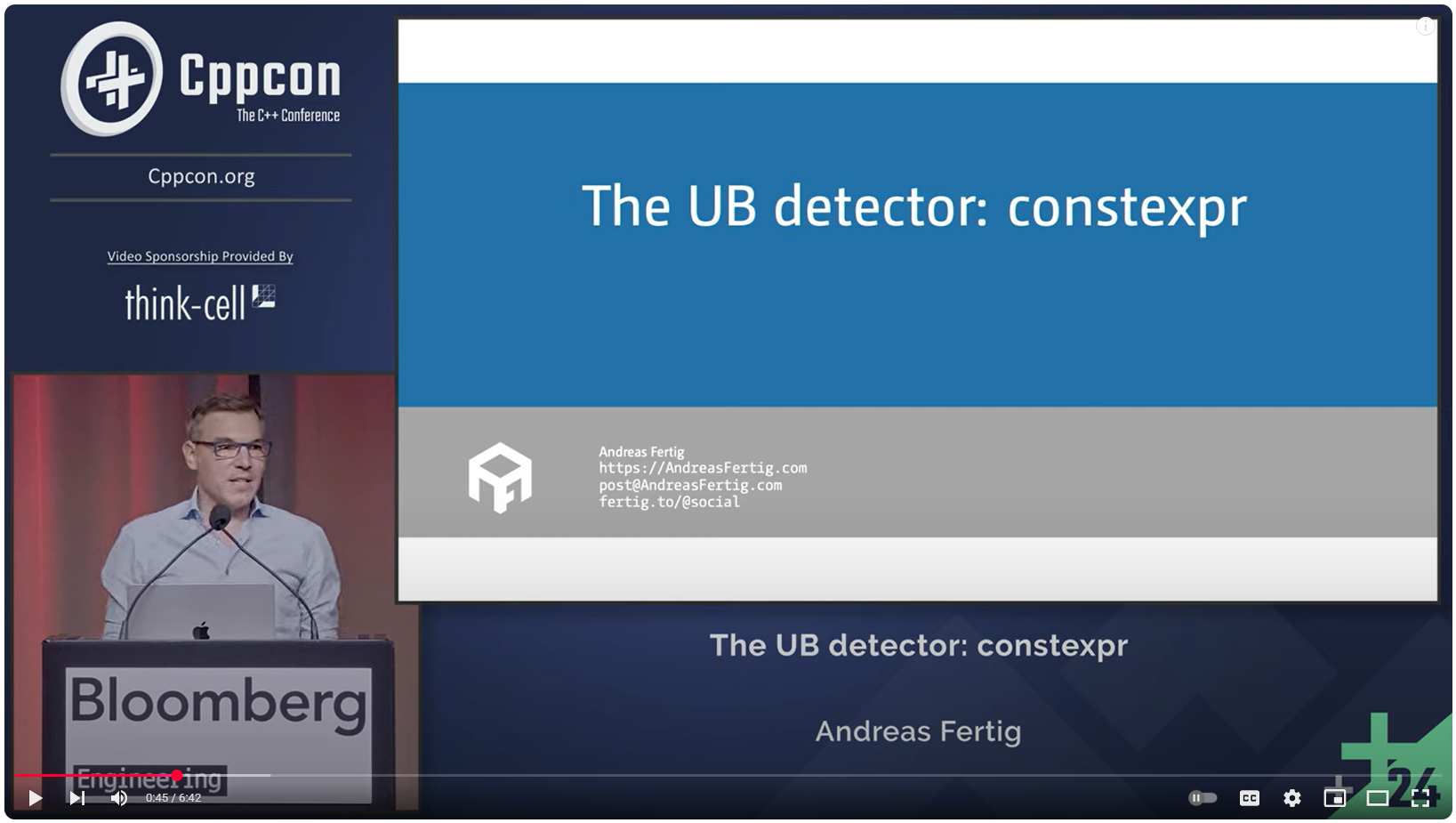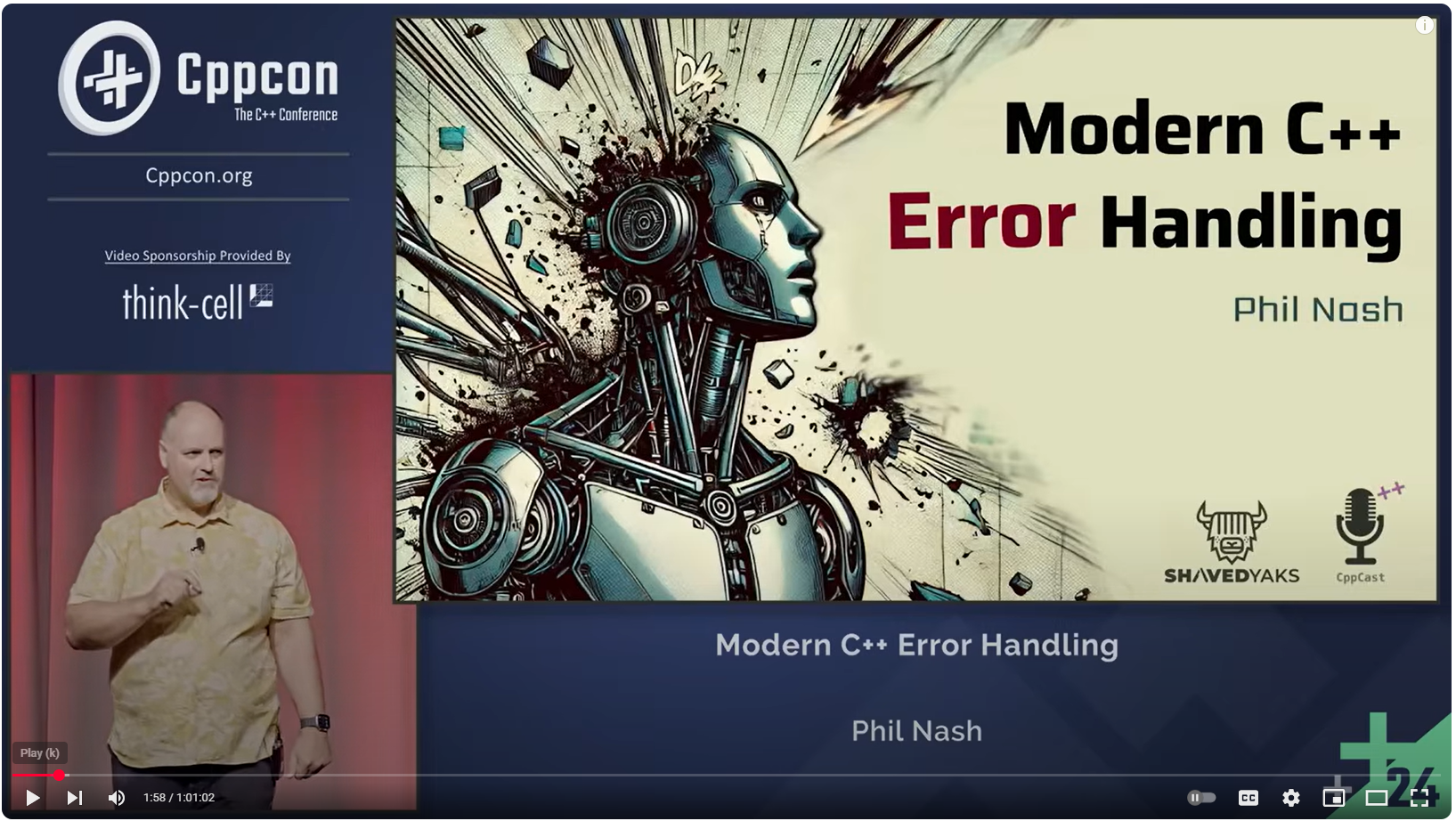Talk: Who’s Afraid of the Big Bad Template -- Coral Kashri

Templates and metaprogramming considered as the big bad wolf of C++, and it’s time to stop being scared of this wolf, as it’s one of the most powerful creatures of C++.
Talk: Who’s Afraid of the Big Bad Template
by Coral Kashri
From the description:
In this talk I’ve demonstrated the power of this incredible creature, while I hope that this talk would be an easy enterence to this concept (pan intended), and to help you developing the anticipation to walk into the cave of metaprogramming.
The talk was give on Core C++ 2025.

 Registration is now open for CppCon 2025! The conference starts on September 15 and will be held
Registration is now open for CppCon 2025! The conference starts on September 15 and will be held  Registration is now open for CppCon 2025! The conference starts on September 15 and will be held
Registration is now open for CppCon 2025! The conference starts on September 15 and will be held